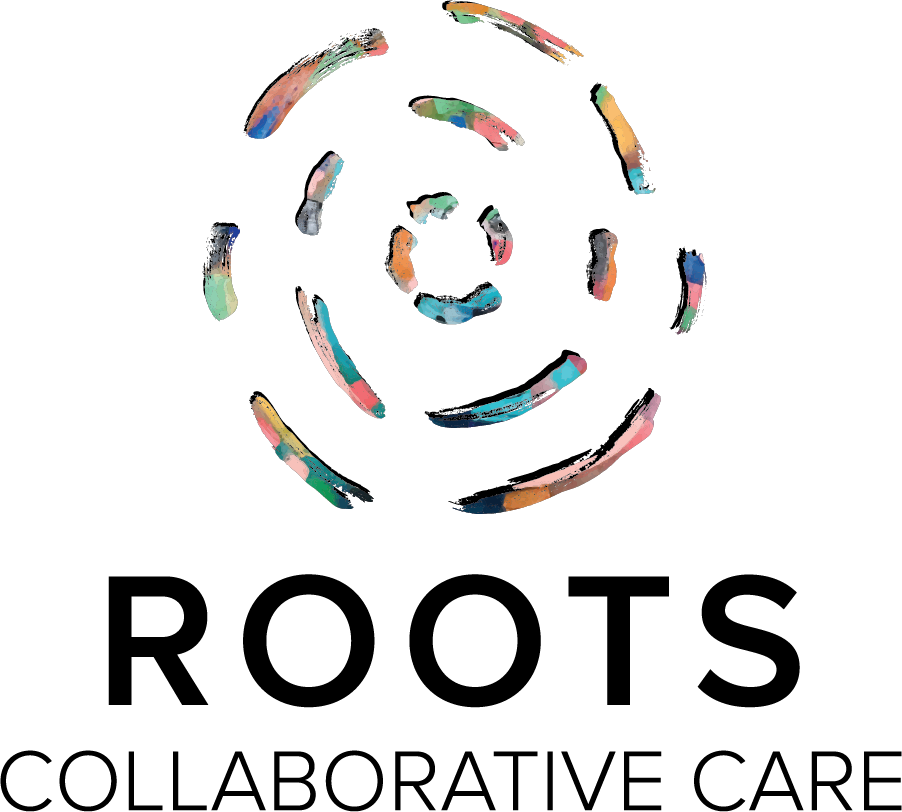Recommended Products
Recommended Products
Click below to see a list of products we commonly recommend for the prenatal and post-partum period. These are high quality, credible, tried and true products that our clients have been using for over a decade. Please speak with your provider about the specific dosage and instructions for your individual care.
FAQs
-
The biggest difference between a midwife and a doula is their scope of practice. Your midwife is your primary health care provider and legally responsible for your care. You will see them in the same way you would see an OBGYN throughout your pregnancy. Their care is typically centered around the clinical needs and well-being of the pregnant person and their baby. A doula is a continuous care provider who offers professional labor support. Doulas do not provide clinical support or give medical advice; however, most are knowledgeable in many medical and clinical aspects of labor and delivery so they can help their clients gain a better understanding of the procedures, possible complications and what to expect during and after the delivery.
-
Midwives are responsible for managing the prenatal care, the delivery, the immediate post-partum period, newborn care and the the clinical aspects of the post-partum period for about 6 weeks after delivery. Doulas have skills that are unique to the labor period. Many people find it invaluable to have a doula arrive early on to help them with position changes, relaxation, comfort measures and to provide reassurance that everything is progressing normally. The midwife usually arrives closer to delivery and is focused on the clinical aspects, evaluating progress, getting birth supplies, medication and equipment ready and assessing for any risk factors. The 2 roles have different specialized skill sets and work very well together. Doulas are experts in labor and Midwives are experts in delivery. The two work very well together!
-
YES! We strongly recommend everyone take a comprehensive, out-of-hospital childbirth class, especially if this is your first baby or your fist homebirth. These classes will help the new couple learn about the various stages of labor, what to expect, how to manage pain and relaxation differently per each stage, learn how to weigh out the benefits and risks for various interventions, how to stay low risk with proper exercise and nutrition, how to breastfeed, how to take care of your newborn, what to expect in the post-partum period and so much more! Many first-time laborers do not know what to expect with the various sensations that occur weeks to days before labor begins and without the preparation of a class, can become anxious, fearful, discouraged and exhausted. A comprehensive class can decrease your chances of having to transfer to a hospital setting for therapeutic sleep and/or pain management by reducing your risk of falling into these common first-time pitfalls. There are several great classes in the area. We recommend Roots Childbirth classes. You can find a link to these classes in the menu.
-
The word “safe” is relative and pregnancy and birth anywhere have inherent risks. But a 2014 study that examined almost 17,000 midwife-managed births confirms that for low-risk women, home births result in lower rates of interventions without an increase in adverse outcomes for babies or mothers. The results of the study confirm the safety and positive health benefits for low-risk pregnancies. The study also reports that midwives provided excellent care at every step of the prenatal, birthing process and post-partum period. Cesarean rate is only 5% for midwife-managed homebirths in comparison to 33% for the national average in the United States. For more details please read the entire PUB MED ARTICLE here.
-
The short answer is: We bring the birth center to you! Home birth is by no means equivalent to birthing in a hospital where they have an endless supply of oxygen, meds, IV fluids, blood products and an OR. But it is almost exactly equivalent to a birth center. In Tennessee, all practicing midwives are fully licensed and independent providers who carry Oxygen, IV fluids, antibiotics, hemorrhagic medications (Pitocin, Cytotec, methergine, TXA), carry Neonatal Resuscitation certifications and all equipment necessary to provide those services, can suture 1st and 2nd degree repairs, perform all state required newborn testing and hearing screens and follow all CDC recommendations for best practice guidelines in obstetrics.

